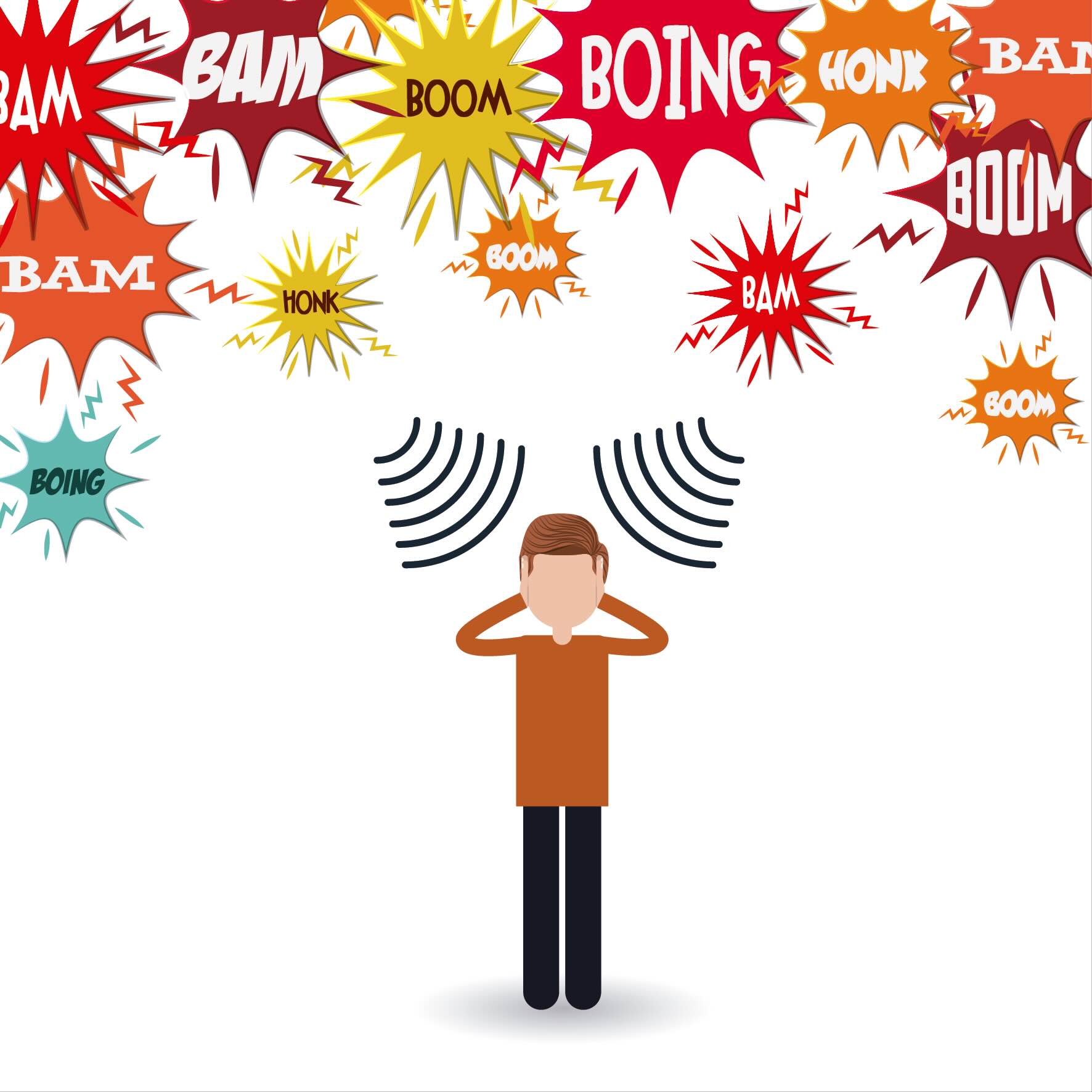Cracking the Code of Misophonia: Why Audiology Needs a Seat at the Table


Over the past 10 years, research into misophonia, a disorder in which certain sounds trigger reactions such as disgust or anger, has grown. However, the auditory system's role in this condition is not fully understood.
Audiologist, Dr. Julia Campbell, a professor, and researcher at The University of Texas at Austin has been a big advocate of bringing audiology back into the conversation.
In a recent Psychology Today interview, she stressed the critical need to integrate findings across audiology, neuroscience, psychology and psychiatry due to differing terminology. She noted that less intertwined audiology and mental health fields lead to "important lapses in both research and treatment for misophonia."¹
While more audiology-based research is needed, here's what Dr. Campbell's interview has highlighted about the connection between the auditory system and misophonia.
How Sound Is Processed in the Ear and Brain
When sound waves enter the ear, they travel through the ear canal and vibrate the eardrum. Tiny middle ear bones transfer these vibrations to the cochlea, where hair cells convert them into electrical signals. These signals travel via the auditory nerve to the brainstem and brain, which decode them into distinct sounds.
Locating the Cause of Misophonia
To determine where the atypicality that leads to misophonia happens, most research has looked at the central nervous system, primarily the brain's cortex. The cortex is where auditory information is interpreted and interwoven with other brain areas.
However, research into all levels of the auditory system—from the cochlea to the brainstem and through the primary auditory cortex—has been scarce. Thus far, the findings do not show inner ear or auditory anomalies that pertain to misophonia.
Knowing where the atypicality happens is crucial. For example, an anomaly earlier in the sound processing cycle, such as one in the inner ear or brainstem, could cause issues later in the cortex. Experts believe it's likely that misophonia has diverse causes and is not solely due to a problem in the cortex.
Exploring the Role of Auditory Gating
Auditory gating refers to the brain's ability to filter out repetitive sounds. If an individual's auditory gating ability is poor, their higher executive center becomes overwhelmed with information, which could manifest as misophonia.
Looking Ahead to Future Research
More studies, especially those incorporating auditory EEG measures from the inner ear through the brainstem and the cortex, are needed to comprehensively map auditory pathways in individuals with misophonia. This research could lead to a better understanding of the condition.
Your Hearing Health Matters
How's your auditory ability these days? If your hearing is suffering, we're here for you.
¹ Goodman, Jill. "Why Has Audiology Taken a Back Seat in Misophonia Research?" Psychology Today, 17 Mar. 2025, psychologytoday.com/us/blog/noises-off/202503/why-has-audiology-taken-a-back-seat-in-misophonia-research.
